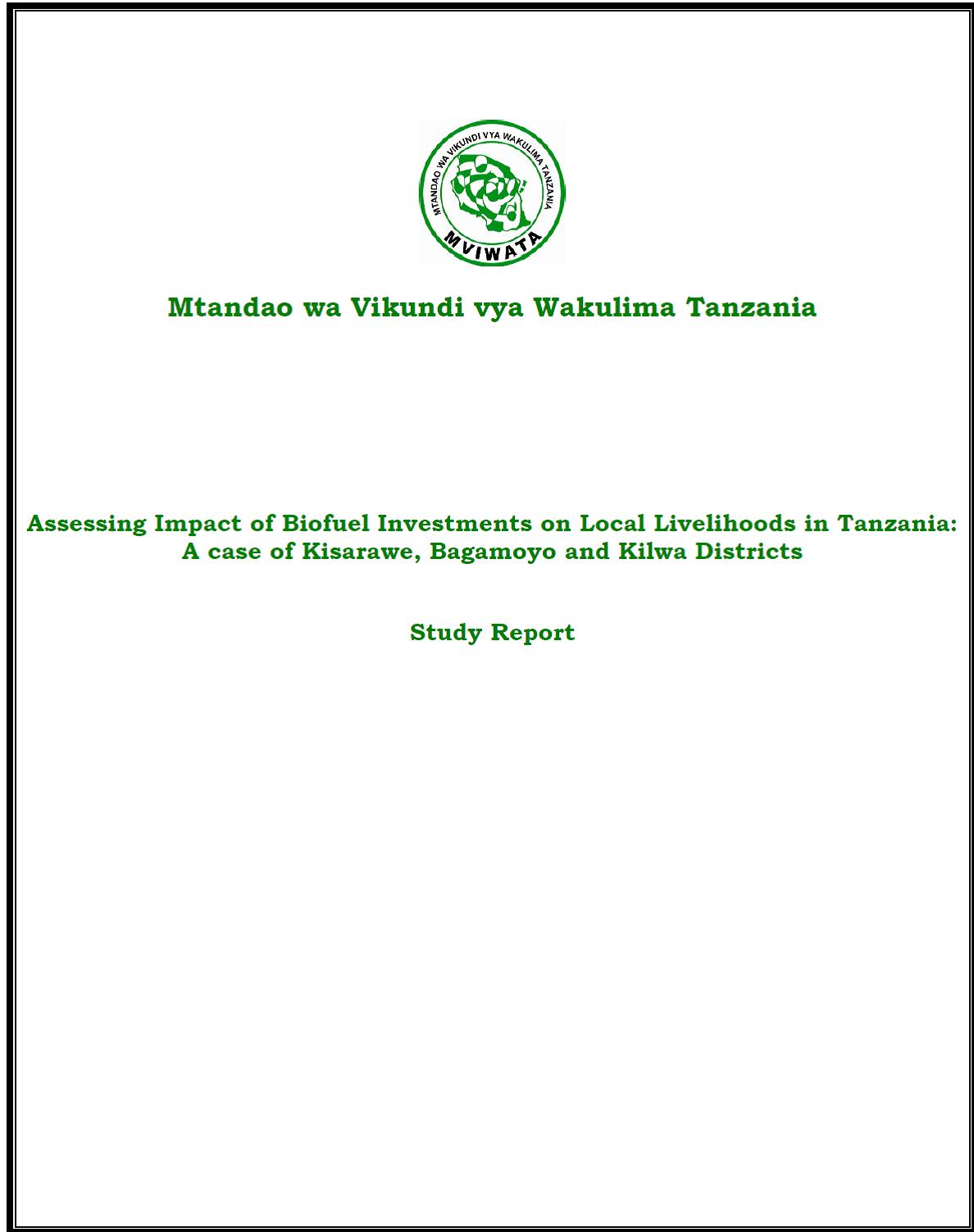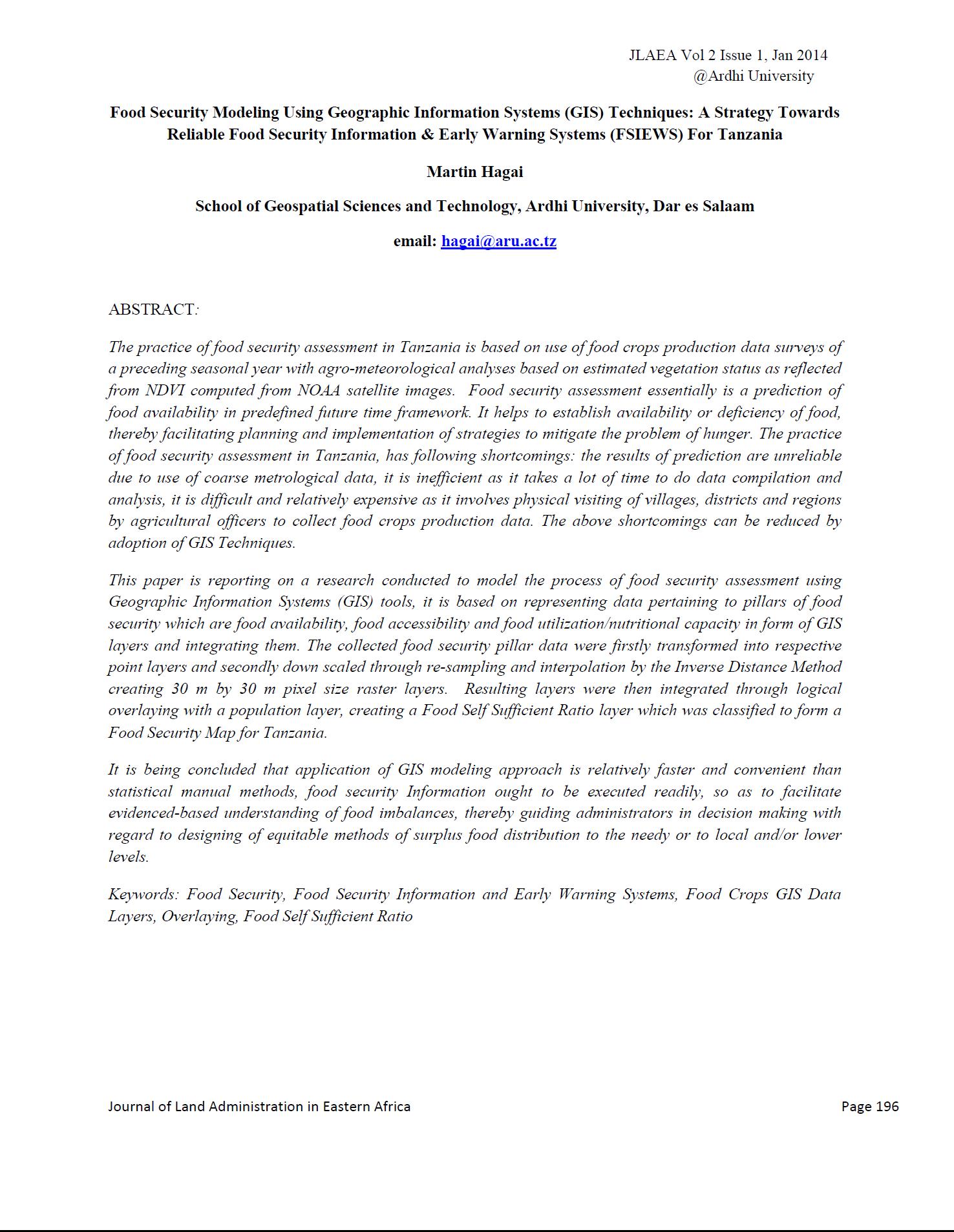Land Reform and Agricultural Development
This article examines the impact of the land reforms undertaken in Zambia and Zimbabwe on agricultural development. The Zambian land reform of 1995 has led to significant improvements in agricultural productivity and output since the early 2000s, allowing for a rising GDP and hopes that such growth will be redistributed across the education and health sector.










